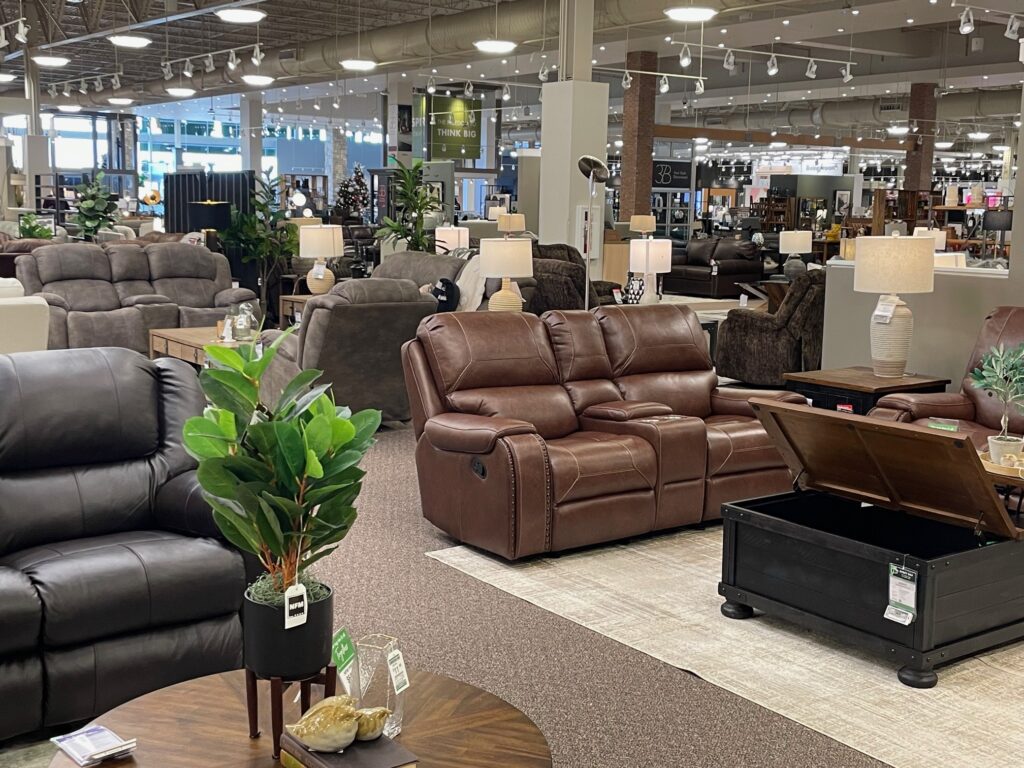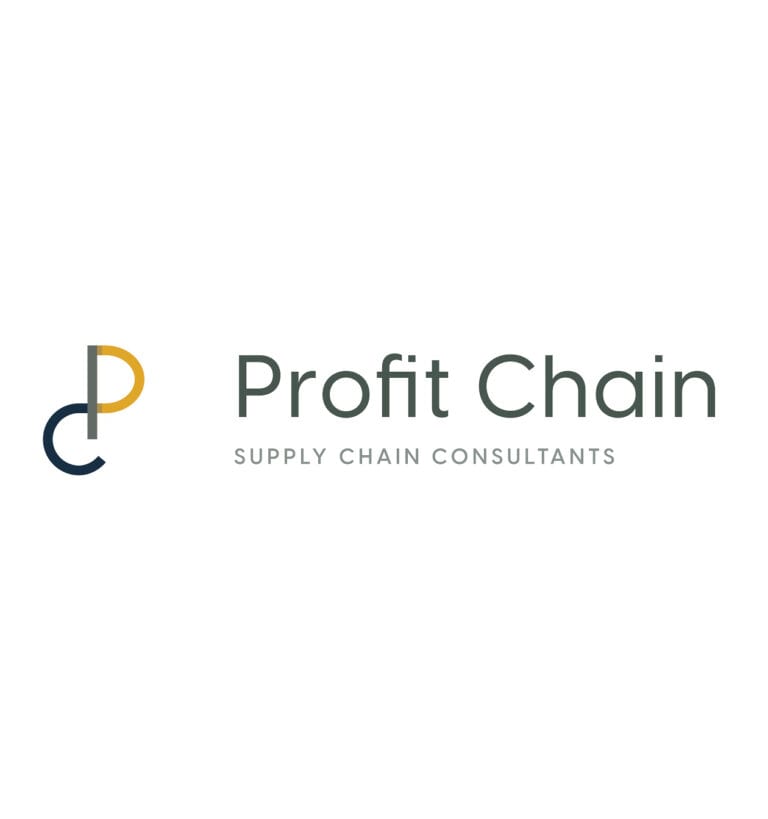In the competitive landscape of home furnishings retail, every advantage counts. From staying on top of trends to managing inventory effectively, retailers constantly seek ways to optimize their operations and boost profitability. One often-overlooked but highly effective strategy is joining a buying group, also known as a group purchasing organization (GPO). In this blog, we’ll delve into buying groups, how they operate, and their significant benefits to home furnishings retailers.
Understanding Buying Groups
At its core, a buying group is a collective of independent retailers who come together to leverage their combined purchasing power. These groups negotiate contracts and secure deals with suppliers and manufacturers on behalf of their members. Essentially, they act as intermediaries, facilitating transactions between retailers and vendors.
Buying groups can vary in size and scope, catering to specific products or categories. For example, in the home furnishings industry, there are buying groups specializing in furniture, bedding, flooring, and appliances, and retailers can find immense value in joining a relevant buying group.
How Buying Groups Operate
The operation of a buying group typically follows a structured process:
Membership: Retailers interested in joining a buying group must apply for membership and meet certain criteria, which may include factors like annual sales volume, reputation, location, and adherence to group policies.
Negotiation: Once a member, retailers delegate their purchasing responsibilities to the buying group. The group’s management negotiates contracts with suppliers, striving to secure favorable terms, including competitive pricing, discounts, rebates, and exclusive offers.
Aggregation of Purchases: The buying group consolidates the purchasing requirements of its members, pooling their orders to achieve economies of scale. This consolidated buying power enables the group to command better deals from suppliers than individual retailers could negotiate on their own.
Distribution of Benefits: The benefits negotiated by the buying group are then passed on to its members. This might include direct cost savings, access to a wider range of products, improved payment terms, marketing support, or enhanced logistical solutions.
Collaborative Opportunities: Buying groups often foster collaboration and knowledge-sharing among members. This can include joint marketing initiatives, sharing best practices, and participating in industry events or trade shows as a unified front.
Benefits of Joining a Buying Group
Joining a buying group can offer numerous advantages for businesses looking to streamline their inventory procurement processes and optimize their purchasing power. The advantages of participating in a buying group for home furnishings retailers are many:
Enhanced Purchasing Power– By aggregating purchasing volumes, buying groups wield considerable influence in negotiations with suppliers. This translates to better pricing and terms for members, enabling them to remain competitive in the market while improving profit margins.
Cost Savings– Lower inventory procurement costs are the most immediate and tangible benefit of belonging to a buying group. Whether through volume discounts, rebates, or promotional offers negotiated by the group, retailers can significantly reduce their cost of goods sold (COGS), contributing directly to bottom-line profitability.
Access to Exclusive Products– Buying groups often secure access to products or brands that might otherwise be unavailable to individual retailers. This exclusivity can be a significant competitive advantage, helping members differentiate their offerings and attract customers seeking unique or premium items.
Streamlined Procurement Processes– By centralizing purchasing functions, buying groups simplify and streamline the procurement process for their members. This frees up retailers’ time and resources, allowing them to focus on core business activities like sales, marketing, and customer service.
Risk Mitigation– Group purchasing offers a degree of risk mitigation for retailers. By leveraging the group’s collective strength, members are better positioned to weather market fluctuations, supply chain disruptions, or other unforeseen challenges.
Networking and Collaboration– Buying groups provide a platform for retailers to network with peers, exchange insights, and collaborate on mutual interests. This sense of community fosters camaraderie among members, creating opportunities for learning and growth.
Marketing Support– Many buying groups offer their members marketing support and promotional assistance. This can range from co-branded advertising campaigns to digital marketing resources, helping retailers amplify their reach and attract more customers.
Professional Development– Through educational programs, training workshops, and industry events, buying groups invest in the professional development of their members. This continuous learning ethos helps retailers stay abreast of industry trends, emerging technologies, and best practices.
HFA Buying Source Program
As a member of the Home Furnishings Association (HFA), you have automatic access to the HFA Buying Source with no extra charges or fees. The HFA Buying Source offers HFA members rebates, discounts off invoices, weekly specials, special pricing and terms, and even consumer promotions on mattress purchases to drive traffic to your store! Here’s your chance if you’ve thought about a buying group you can access now.
Home furnishings retailers must explore every avenue to maximize their purchasing power and operational efficiency in an increasingly competitive marketplace. Participating in a buying group presents a compelling opportunity to achieve these objectives while reaping a host of additional benefits. Buying groups empower home furnishings retailers to thrive in an ever-evolving industry by pooling resources, negotiating collectively, and fostering collaboration. For those seeking a competitive edge and sustainable growth, the decision to join a buying group may prove pivotal.












